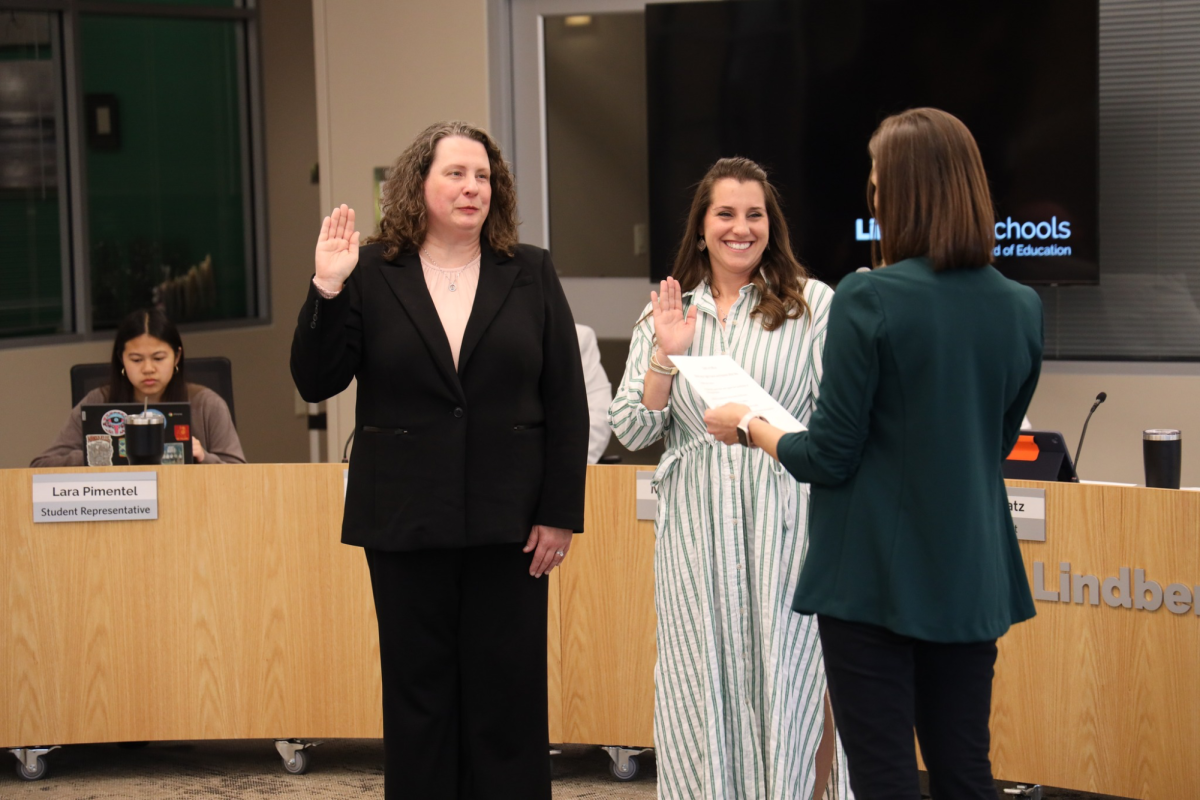A state lawmaker plans to revise a bill that’s supposed to strengthen the Missouri Sunshine Law to fix language that appears to do just the opposite.
District 89 Rep. Tim Jones, R-Eureka, is sponsoring legislation that he believes would toughen Sunshine Law regulations on public governmental bodies around the state.
But wording in one of the provisions proposed in House Bill 1445 seems to contradict current Sunshine Law language that allows public access to records of votes taken during closed meetings.
Section 610.020 of the Sunshine Law requires public bodies to take minutes of all open and closed meetings. Those minutes, the law states, must include the “date, time, place, members present, members absent and a record of any votes taken.”
In a different section, the Sunshine Law also requires public bodies to release to the public records of any closed meeting votes that pertain to litigation; the sale or purchase of real estate; and the “hiring, firing, disciplining or promoting” of public employees.
However, Jones’ bill, as introduced, adds language to 610.020 that requires closed meeting minutes to “reflect a summary of the discussions occurring during any closed meeting, but nothing in this subsection shall require the disclosure of records or votes that are properly closed” under the Sunshine Law.
The legislator told the Call on Friday he worked with the Missouri Press Association to “craft and re-craft” the bill. If certain language restricts what’s already allowed by the Sunshine Law, it’s not intentional, Jones said.
“Our goal is to make things more open,” said Jones, who first proposed his Sunshine Law bill in 2008. “I haven’t had a chance to really look at that in-depth, but if there’s something that we need to do with that language — if it’s got some unintended consequences we didn’t mean to have in there — we’ll look at it.”
Jones’ bill was referred on Feb. 3 to the House’s General Laws Committee, which he chairs. Jones said he would introduce substitute legislation for HB 1445 with revised language for section 610.020 at a future committee meeting.
The provision in question first appeared last year when Jones’ bill — HB 316 at the time — was up for perfection. Jones successfully proposed amending language added while the bill was in the General Laws Committee, according to House journals.
While the committee’s language required closed session minutes to “reflect a general account of the discussions that occurred,” Jones’ amendment added the phrase “but nothing in this subsection shall require the disclosure of records or votes that are properly closed …”
HB 316 eventually passed the House unanimously last year but stalled in the Senate.
Missouri Press Association attorney Jean Maneke said the closed meeting minutes provision is intended to require public bodies to include a summary of any discussion that took place in closed session, in addition to a record of votes taken.
“Our intent is to give more information in those minutes …,” Maneke said last Friday. “I’m going to be writing some language for the bill this weekend, and so I’ll make certain that we clarify that is in addition to what is already in the bill so that we fix it.”
Doug Crews, executive director of the Missouri Press Association, testified in favor of HB 1445 during a public hearing on the bill last week. He told the Call that Jones’ legislation would help public bodies that don’t always adhere to the Sunshine Law “sit up and pay attention to it.”
“We’re always looking for a stronger Sunshine Law,” he said. “This provides some more teeth for the Sunshine Law. We’re not looking at dishing out penalties but we also know that there’s some public bodies around the state that don’t maybe put as much emphasis on the Sunshine Law.”
Acknowledging the bill contained potentially restrictive language regarding the release of closed meeting votes, Crews added, “We don’t want to take a step backward, either.”
HB 1445 also would:
Require all records of the Missouri Ethics Commission remain public after a decision is made on a complaint, though the commission still could close records following a request if it deems it necessary.
Specify that only members of public bodies, their attorneys and assistants and any necessary witnesses are permitted in closed meetings.
Require public bodies to provide electronic copies of information to the public if the information is kept electronically.
Change fines for Sunshine Law violations. Public bodies or individual members who knowingly violate the Sunshine Law would be fined $1,000 instead of “up to” $1,000. The maximum fine for a “purposeful” Sunshine Law violation would increase to $8,000 from $5,000.
Require governing bodies to give the public five days’ notice before meeting to discuss taxing, zoning, transportation development districts, capital improvement districts and eminent domain issues to allow for public comment period.
Require each elected or appointed official to attend a one to two hour Sunshine Law training session by the Missouri attorney general’s office within 90 days after taking office.
Jones’ Sunshine Law legislation seems to be making more progress than that of District 97 Rep. Walt Bivins, R-Oakville.
Bivins’ bill would require public bodies to make audio recordings of all closed meetings. It hadn’t been referred to a committee at press time.
Bivins first proposed the bill in 2007. He has said the measure would ensure an accurate record would be kept of a closed meeting, and that officials adhere to the topic or topics for which the closed session was called.
Asked about requiring public bodies to make audio recordings of closed meetings, Jones, who co-sponsored Bivins’ bill in 2009, told the Call, “It’s nothing that the press association or I have really ever decided to put in this bill. Unfortunately, even though we like the idea, there probably would be so much opposition to that, we might not be able to get it through the House.”



















